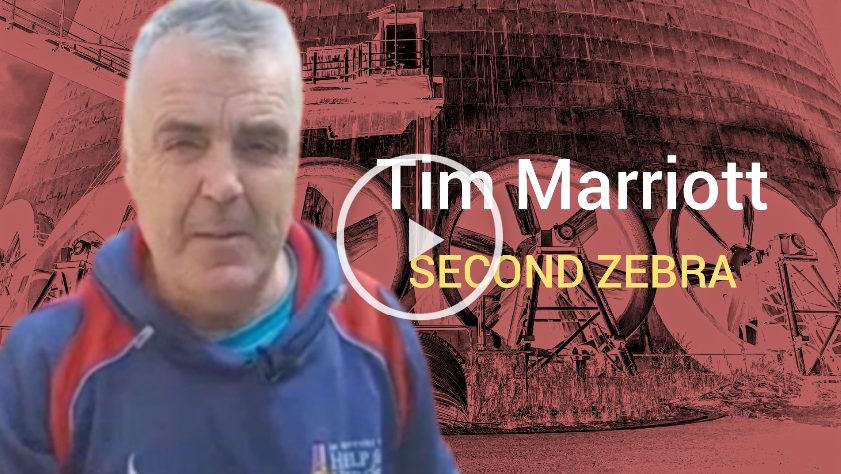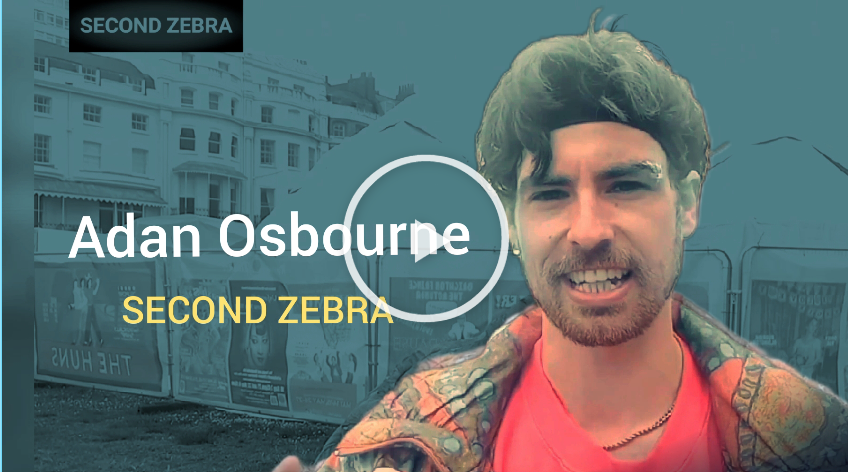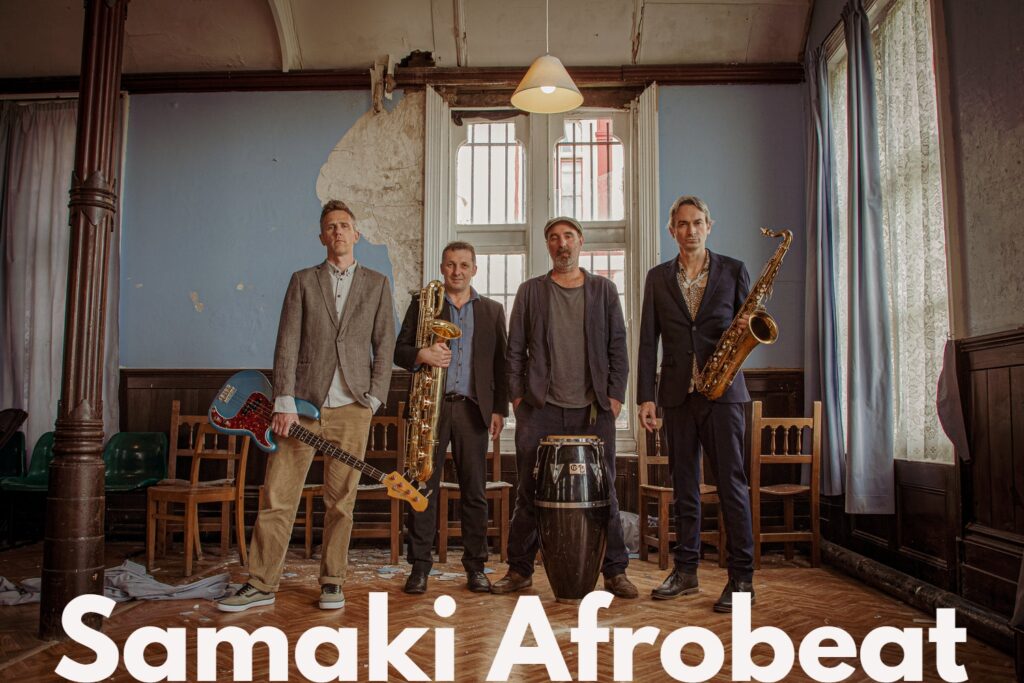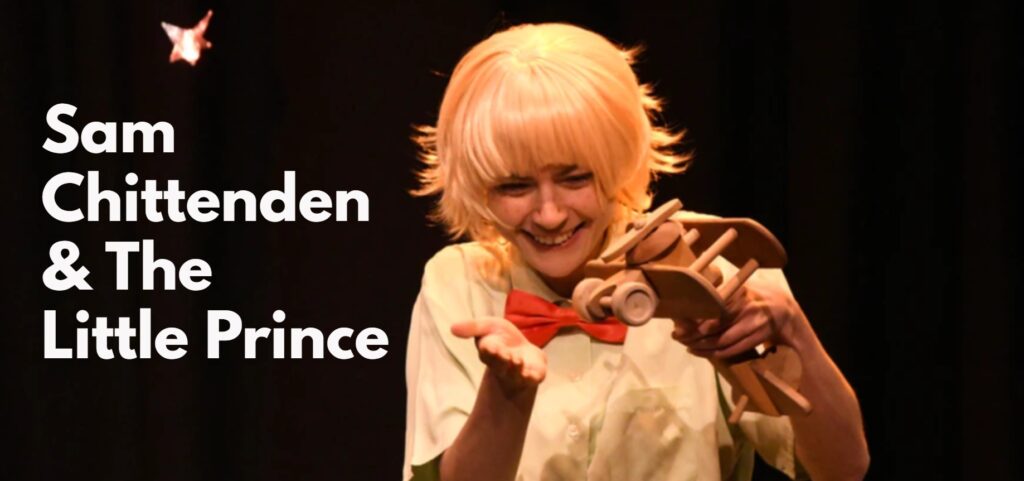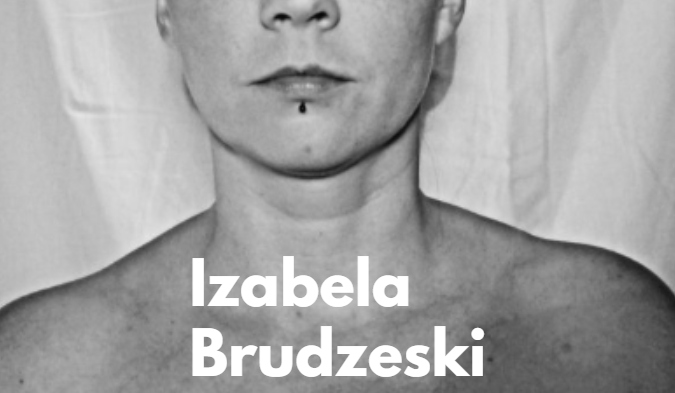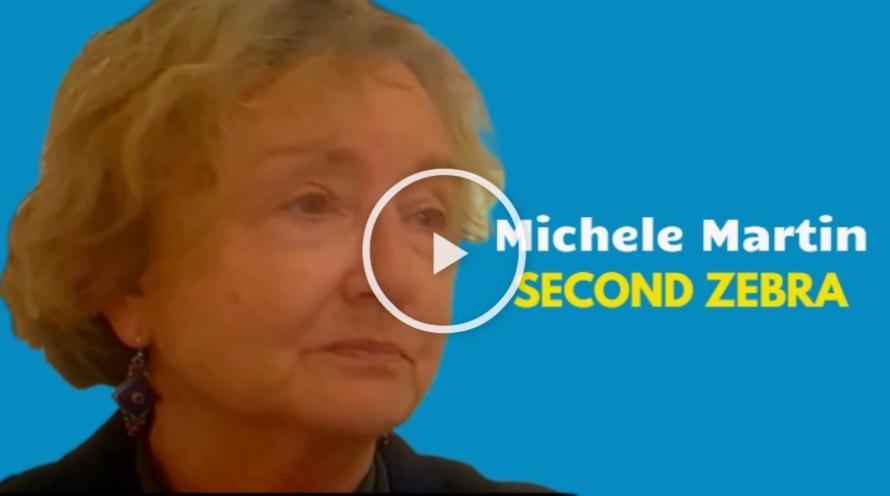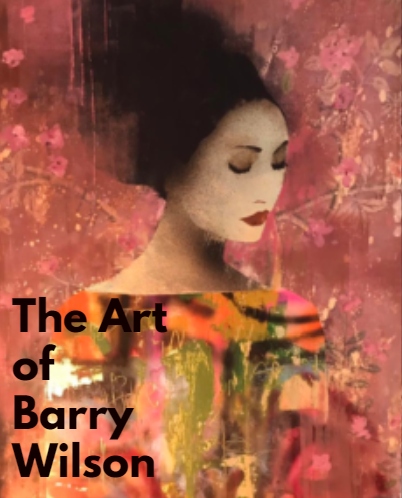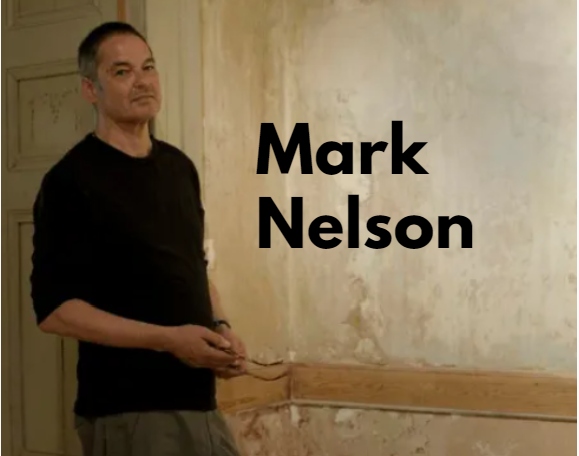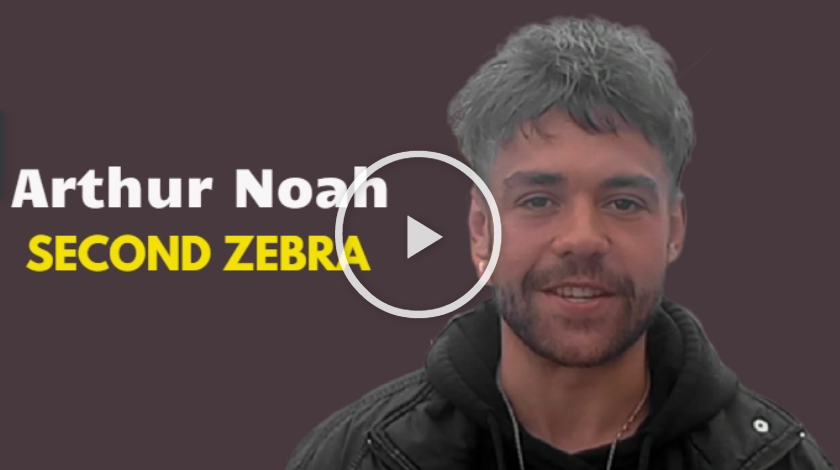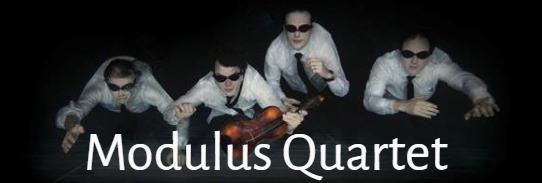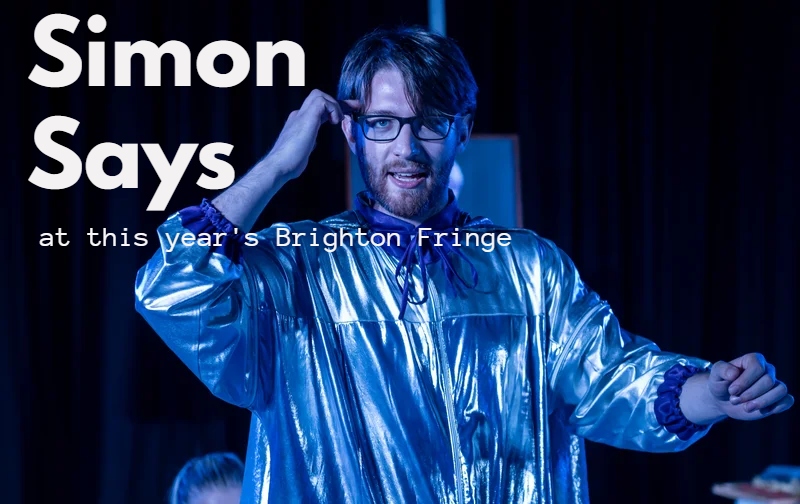Modulus Quartet
Modulus Quartet is a London based ensemble specialising in performing original string quartet repertoire written in close collaboration with a number of international composers. Drawing on its collective experience, the quartet seeks out music of an individual style, developing creative relationships with composers and artists.
On February 23rd 2019, Modulus Quartet will perform in Without Borders at Eastbourne’s Birley Centre. Without Borders is a major new concert highlighting issues around the migrant crisis. Modulus Quartet will play music from their debut album 12 Seconds of Light along with new compositions by Melody Woodham, Tim Laverack, Jessica Curry and Old Town’s Clive Whitburn.
How much are you looking forward to playing at Without Borders in Eastbourne later this month?
Craig: It’s always exciting to be performing new material from new composers especially when they have been writing specifically for the quartet. Meeting the composers will be an honour as we hope we can continue working with them in the future.
Jonathan: I’m very much looking forward to Without Borders. It’s a great opportunity to work with new composers and it will be really good to participate in an event which is seeking to increase awareness of the migrant crisis.
Mircea: Very much, I always look forward to playing new music and collaborating with new composers.
Nick: I’m very much looking forward to performing on 23rd February. It’s always great to be working on new works and with new composers. It’s also exciting to be working with a choir for this concert. Finally, it’s a great cause to be highlighting.
How did the Modulus Quartet first get together? Did its forming fulfil an aspiration that each of you had been carrying for a long time?
Craig: Three of us had already known each other during our regular freelance work and in 2015 we met our viola player, Mircea to form Modulus. All of us had been interested in performing new material so it seemed just a natural progression to continue working as a permanent group.
Jonathan: Some of us had played together in various ensembles over the years so we already knew each other’s personalities and playing.The forming of Modulus however felt for the first time that the group all shared a uniform vision and could finally breathe together.
Mircea: We met in 2015, it has always been a dream of mine to form a quartet and I have tried many times without success…Now I am very fortunate to be able to play with a group of musicians who share my musical ideas and have a similar work ethos.
Nick: We all knew each other from the freelance scene and we had all played in chamber groups together but not specifically as the four of us. Jon, Craig and I had been working together in another group and then we found Mircea through him and I doing some gigs together. For me, I have always steered my career towards playing chamber music and have always loved performing contemporary music, so Modulus is fulfilling a lifelong ambition to be playing in a contemporary music quartet.
What do you think it is that makes the four of you work together so effectively? What are some of the ways that you have personally been inspired by the other Modulus Quartet members?
Craig: Although the four of us have very disparate and contrasting characters, we believe in the same ethos of the quartet and are motivated by the same performance goals. We can all learn something from our fellow colleagues. Every rehearsal is inspiring and usually mixed in with dry humour.
Jonathan: We have to be extremely self-critical of our own and others’ standard of playing during rehearsal and we discuss finer details endlessly, but it’s done with a good sense of humour and sensitivity. Playing in a quartet is always totally inspirational.
Mircea: I think it is important that we have similar personalities and that makes everything easier. The other members truly make me perform better.
Nick: First and foremost, we all get on on a personal level. Without this, the quartet wouldn’t function at all. We all have a very similar sense of humour and rehearsals can be quite riotous at times! We are serious about what we do musically, though, and all share the same vision of what we perform and how we present the quartet in concerts. I love the collective creativity that we have as a group and how ideas get sparked off between us. That is when I am most inspired by everyone else in the group and keeps me motivated. We have some crazy ideas when we’re together and we seem to end up doing the maddest ones like doing our publicity shots underwater!
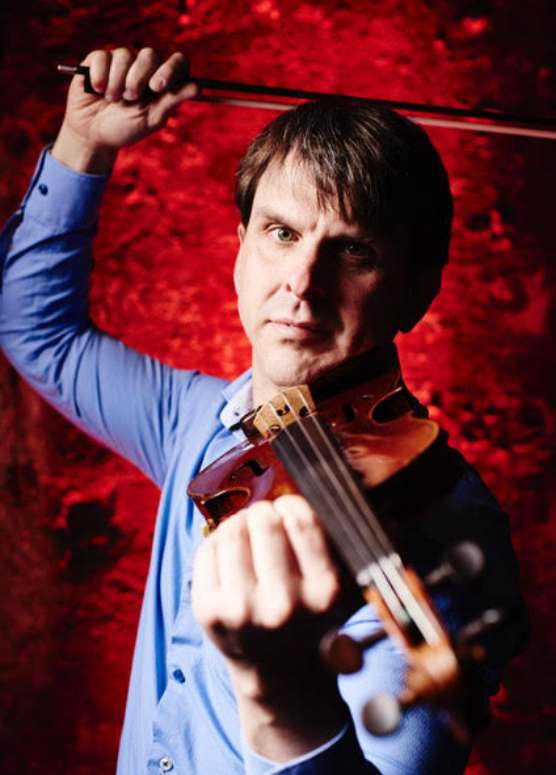
Craig Stratton
Photo: Chris Stenner
Please could each of you provide an introduction about yourself, the instrument you play, your musical background, training etc.
Craig: I am the second violinist with Modulus Quartet. I trained in London and in Prague. I also play piano and have occasionally been seen performing on the banjo (but don’t tell anyone.)
Jonathan: I play the violin. I was lucky to have been raised in London during the period of ILEA and was the recipient of free specialist music education at the Centre for Young Musicians. After a few years at music college in London I went on to work and study in Romania, playing for a state orchestra and studying with an incredible Gypsy violinist. A year or so in Holland followed playing for a show before returning to the UK to pursue my interest in chamber music.
Mircea: I was born in Transylvania, Romania and I left nineteen years ago to continue my studies. I finished the Music Academy in Cluj and then moved to Graz, Austria where I pursued my professional viola skills. I have played with many orchestras and chamber groups in Europe, especially Austria and now in the UK, I’ve been very fortunate to be working with great musicians such as: Mtislav Rostropovich, Maxim Vengerov, Nigel Kennedy, Nicola Benedetti, Vladimir Ashkenazy, etc.
Nick: I’m the cellist with the group. I took up the cello after having been taken to see the great French cellist Paul Tortelier play. He was performing Haydn C major concerto with the English Chamber Orchestra and conducting them from his seat. I loved the way he conducted with his bow during the tutti sections! I got to meet him after the concert and things came full circle when I was a teenager as my teacher at the time had been a student of his. I studied mathematics at Imperial College and did a PGCE before heading to Trinity College of Music as a postgraduate student and not ever looking back! Being freelance I’ve had the opportunity to play in a lot of very diverse projects from small scale theatre productions to major arena tours and everything in between. Outside of playing, I love walking and climbing and I’m running the London Marathon this year.
What is the concept behind your debut album 12 Seconds of Light ?
Craig:12 Seconds of Light was designed specifically for the recording of works by living composers. More importantly, these are international composers that we have built relationships with and continue to work with closely.
Jonathan: The concept was to bring together a collection of what we considered superb pieces that we firstly felt deserved to be recorded and also to try to change the public’s perception of ‘contemporary classical music’. All the pieces were tonal, beautiful yet stretched the listener.
Mircea: I believe we’ve been very lucky to meet these wonderful composers and I am really grateful to be able to play such great music written today. I think it is very important for people to know about new music, inspired compositions that can reveal so much of our present life and has the potential to connect us in a transient way. 12 Seconds of Light is our belief that contemporary music needs to be carefully considered by each of us.
Nick: At the heart of our music we want to create something with great beauty and all the pieces on the album reflect that. We’d been working on a number of pieces by the composers on the album and the six pieces seemed to work as a set and had a nice flow both in concert settings and for the album.
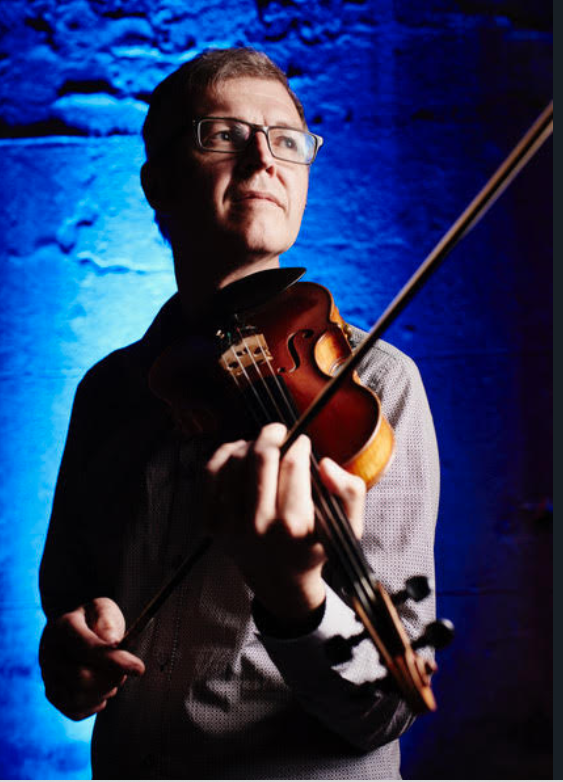
Jonathan Truscott
Photo: Chris Stenner
Have there been certain responses that stand out to you from people who have heard the album or heard you perform from it in one of your concerts?
Craig: Anyone that tells us personally how much they enjoyed a piece live or from the album is an encouragement for us. What always amazes us, is the diversity in personal taste. As a quartet we might not prefer the result of a performance but there is always someone who tells us that that was their favourite of the night.
Jonathan: We’ve received lovely responses from the public including those that had never attended a contemporary classical concert before.
Mircea: The compliments I received after our concerts have been numerous, people tend to look at me right in the eyes and tell me very honest ideas about our playing, most of them (people) are quite moved and this contributes massively to my artistic authenticity.
Nick: I think a lot of people come away surprised at how much they like contemporary music. I think this is partly from the repertoire we choose and also how we present the music in concerts, playing in unusual locations with visuals and lighting. Everyone comes away having a different favourite piece from the album
What are the benefits in liaising closely with composers?
Craig: Exchanging ideas and developing close friendships must be a benefit to the music. We often test out new scores for the composer and present, we hope, constructive feedback. Composers will often rehearse with us, usually followed by a trip to the nearest public house. These are concepts you can’t achieve by simply selecting existing works off a library shelf.
Jonathan: The obvious benefit is the dialogue with the composer and the fluid development of their works, the freedom and trust that composers give to us is surprising!
Mircea: The performance of a piece is much more complex for us if we meet and work closely with the composers, it allows us to have a better understanding of the music and helps us respect the ideas behind their work.
Nick: Working closely with our composers is a key feature in what we do. We have a very strong ethos of creating personal relationships between the group and our various collaborators, not just our composers but visual artists as well. It’s great to be able to talk through aspects of the music with the person who created it and get to the heart of what they actually are trying to achieve with it. We often also end up having a hand in the final development of each piece with composers taking inspiration from what we can bring to their music. There’s very much a two-way exchange of ideas with everything that we do.
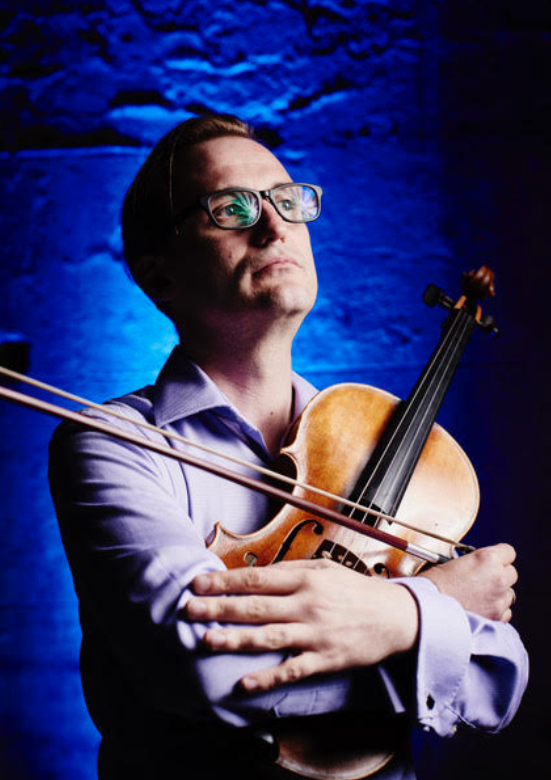
Mircea Belei
Photo: Chris Stenner
What would you say are some of Modulus Quartet’s distinctive qualities?
Craig: Modulus has become a kind of extended family, not just within the four players and composers, but that includes our visual artists and film-makers. We are often told by our audiences that this feeling is emanated in performance.
Jonathan: Distinctive qualities are the constant excitement and fascination for the music we perform. This combined with the visuals (we collaborate with Diego Barraza and Tom Brown) alongside the lighting of the architecture surrounding us and the choice of interesting venue be it a cave, boat etc. We think in colours and constantly explore the possible timbres within the scores.
Mircea: The uplifting energy of our performances, the continuous search for new inspired music and visuals.
Nick: I think we have a unique style in how we present music. First and foremost we have some amazing composers writing some fantastic music for us. That is always at the heart of what we do. We also are trying to take this music out of the stuffy concert hall setting and play in more unusual locations, so there is already a sense of occasion before we’ve played a note. On the 12 Seconds of Light tour we performed in Honister Slate Mine, Carnglaze Cavern, Peak Cavern, a barge, an Art Deco cinema, and the Thames Tunnel Shaft at the Brunel Museum. Enhancing our music, our concerts have lighting design and visuals by our amazing videographers Tom Brown and Diego Barraza. Finally, we always go out on the platform and try and have fun together and I think this sense of joy of being together and playing together really comes across to our audiences.
Without Borders is an evening highlighting the migrant crisis and raising money for the charity Migrant Help. Can music have the power to stir us into action? In what ways?
Craig: Since the dawn of time music has brought people together. Whether or not people take that experience with them, share and seek to make a difference is another question.
Jonathan: Yes, music can create an awareness (I’m thinking of Band Aid for example) and from awareness can lead to action.
Mircea: Music definitely has the power to change the frequency of our human consciousness into a more elevated one. I mean, when we talk about help, compassion and acceptance music is a vessel through which our lives can be enriched. Listening is the first step and that leads us to mindfulness and so on.
Nick: Music is a universal language that crosses borders and cultures. It touches something elemental within us without the need for words or rhetoric. There’s an immediacy to the emotional response that can goad us into action.

Nick Allen
Photo: Chris Stenner
Please could each of you choose a different piece you are performing at Without Borders and introduce it for us.
Craig:12 Seconds of Light is a work by Finnish composer Veera Lummi. The concept came to Veera when she heard a story about a Uruguayan musician who couldn’t find his way back home late one night near his seaside town. The nearby lighthouse provided the light for guidance every twelve seconds. The piece is derived from the idea that it only takes a brief moment of light and clarity for all of us to find our way…
Jonathan: Without Quartet by Terry Davies. This is Terry’s brilliant adaptation of the 60’s jazz score he wrote for Matthew Bourne’s dance piece ‘Play Without Words’ for the National Theatre. The opening is edgy and angular, contrasting to the middle section – a scene of yearning and isolation, leading to a nervous climax reflecting the destabilised mental state of the protagonist.
Mircea: Clarity From Fragmented Memories. The piece is about the composer’s brother and his personal development from his early years to adulthood, how he embraced the Indian culture, then moved to Arab culture and then back to the Indian culture.
Nick: We’ll be performing the last movement of Eliot Lloyd Short’s 2nd String Quartet – Evolutional. The inspiration for the quartet is about what it would have been like for the first Africans to leave Africa and the last movement, Passage, is about that voyage. Eliot is South African and the piece has driving tribal rhythms. This is one of the pieces that will be on our new album.
What are the Modulus Quartet’s plans for the coming year?
Craig: Our Eastbourne concert has kicked off our 2019 with some new composers who we are looking forward to establishing long-lasting collaboration. We have started to rehearse new material with a jazz quartet for possible film ideas.
Jonathan: Many plans…new works and collaborations, live scores for silent film, record new album, tour, caves.
Mircea: A minimalism project with a jazz quartet, live scores for silent film, music composed by Terry Davies, festivals in Romania and the UK, recording our 2nd album and touring.
Nick: We’re currently getting material together for our second album. We’ll be doing some concerts to try out the new material before going into the studio. We’re also working on a project performing new scores to silent films. We’ll be performing that later in the year and we’ll be visiting Romania in the summer, working with some new composers there.
